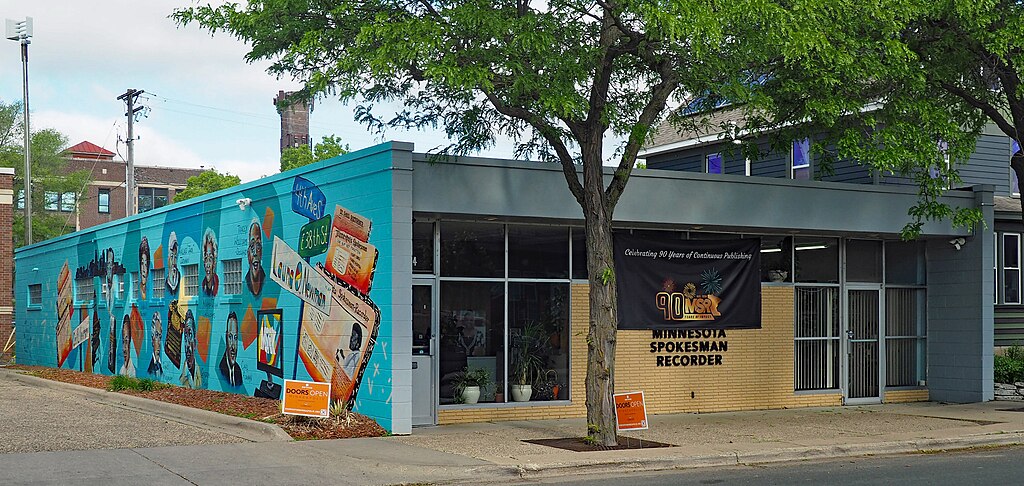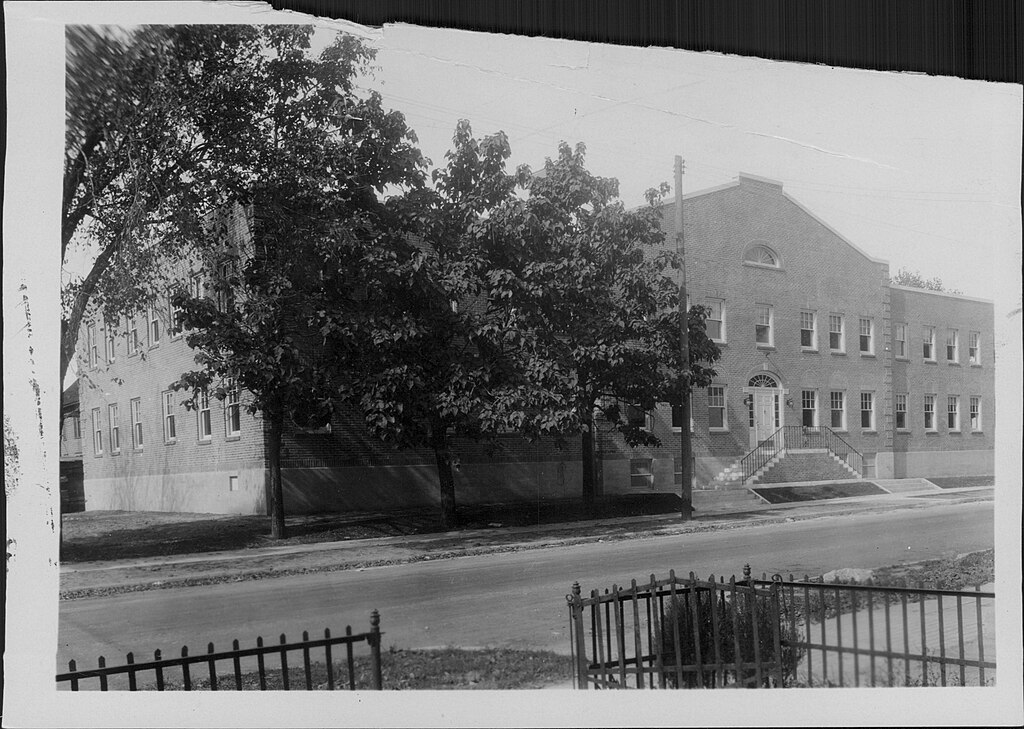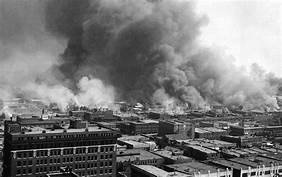Minneapolis officials recently announced that they will be nominating three historic sites in Black history for the National Register of Historic Places.
Based on a year’s worth of research, including a 200-page study, the city announced that the Minnesota Spokesman-Recorder, the Phyllis Wheatley Community Center, and the former home of Harry Davis, Sr. have all been selected for inclusion in the National Register of Historic Places.
While a third-party consultant will be officially nominating the places, efforts have been driven by 15 community members of the African American Heritage Work Group, who were appointed by the city. Once included in the register, the places can be given state and national historic preservation grants as well as a reprieve from taxes.
“This nomination is not only a recognition of our rich history, but also a testament to the resilience and impact of the community we serve,” said the interim executive director of the Phyllis Wheatley Community Center in a press release. “It affirms the importance of preserving our cultural and historical legacy, while ensuring that future generations can continue to learn, grow, and thrive within these walls.”
With their nomination, the three sites will be recognized for their lasting significance and overall legacy.
Founded in 1934, the Minnesota Spokesman-Recorder is considered to be the longest-running Black-owned newspaper. Created by Cecil Newman, the newspaper actively fought against racial discrimination in the area and across the nation. Amongst the stories covered by Spokesman was the trial of the Scottsboro boys and the 1954 Brown vs Board Supreme Court ruling. The newspaper is currently still running with Tracy Williams-Dillard, the granddaughter of Cecil Newman, serving as CEO/Publisher.

Created 100 years ago, the Phyllis Wheatley Community Center initially began as a settlement house for Black women who were students at the University of Minnesota. Upon learning that they were not allowed a place to stay at the dorms, the women created the Phillis Wheatley Settlement House.
The communal efforts that founded the settlement house expanded, forming the first organization in North Minneapolis dedicated to helping Black Americans. Current programs available from the Phyllis Wheatley Center include a parenting academy, tech workshops and Women’s Wealth Building education classes.
Meanwhile, Harry Davis, Sr. was a civil rights activist and a member of the NAACP. Through his efforts, Davis helped found the Twin Cities Opportunity Industrialization Center and was considered a leader in desegregation. The leader is also considered the first Black candidate to run for mayor in the history of Minneapolis.
“These sites don’t just tell the story of Minneapolis—they are the story,” said Mayor Jacob Frey per a press release. “From the pages of the Spokesman-Recorder to the halls of Phyllis Wheatley, to the home of Harry Davis Sr.—these places helped shape our city. Preserving their legacies is long overdue, and I’m grateful to the community members who’ve worked so hard to get us to this moment.”











